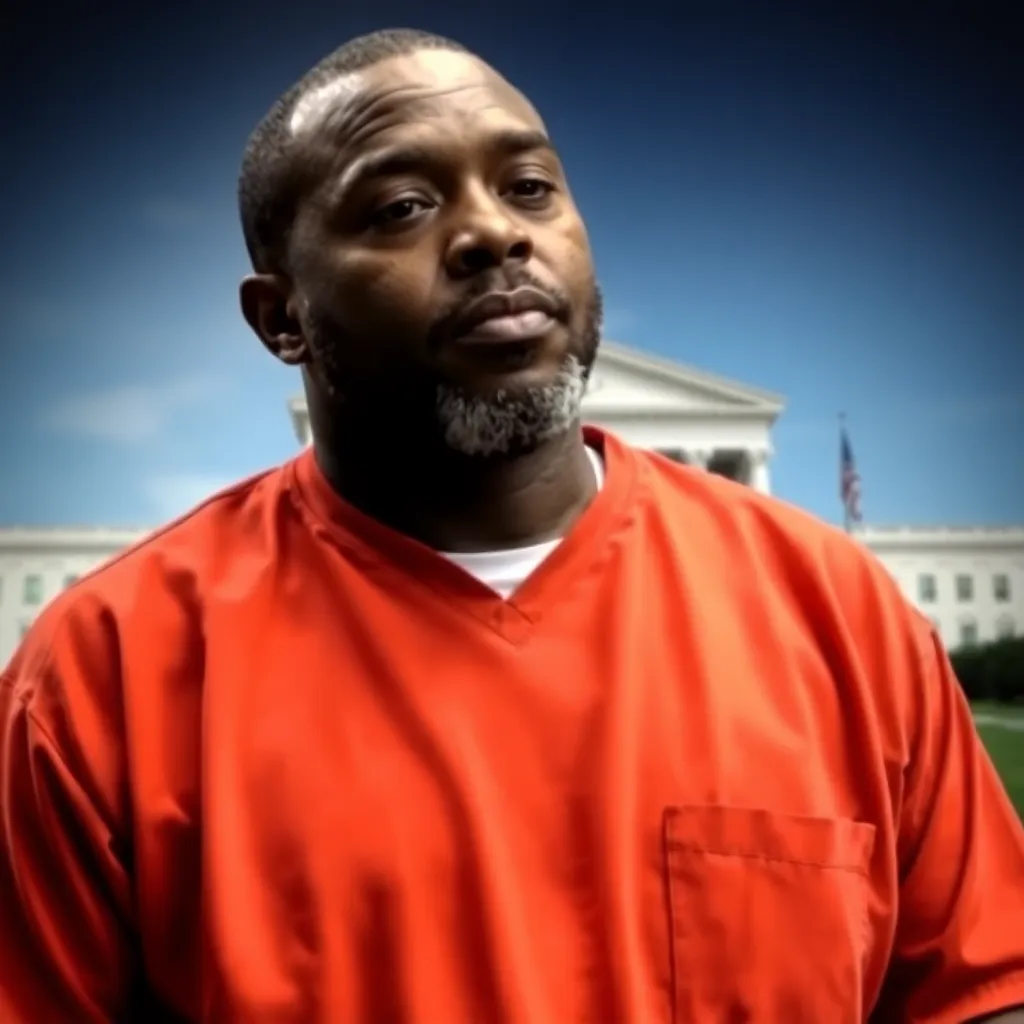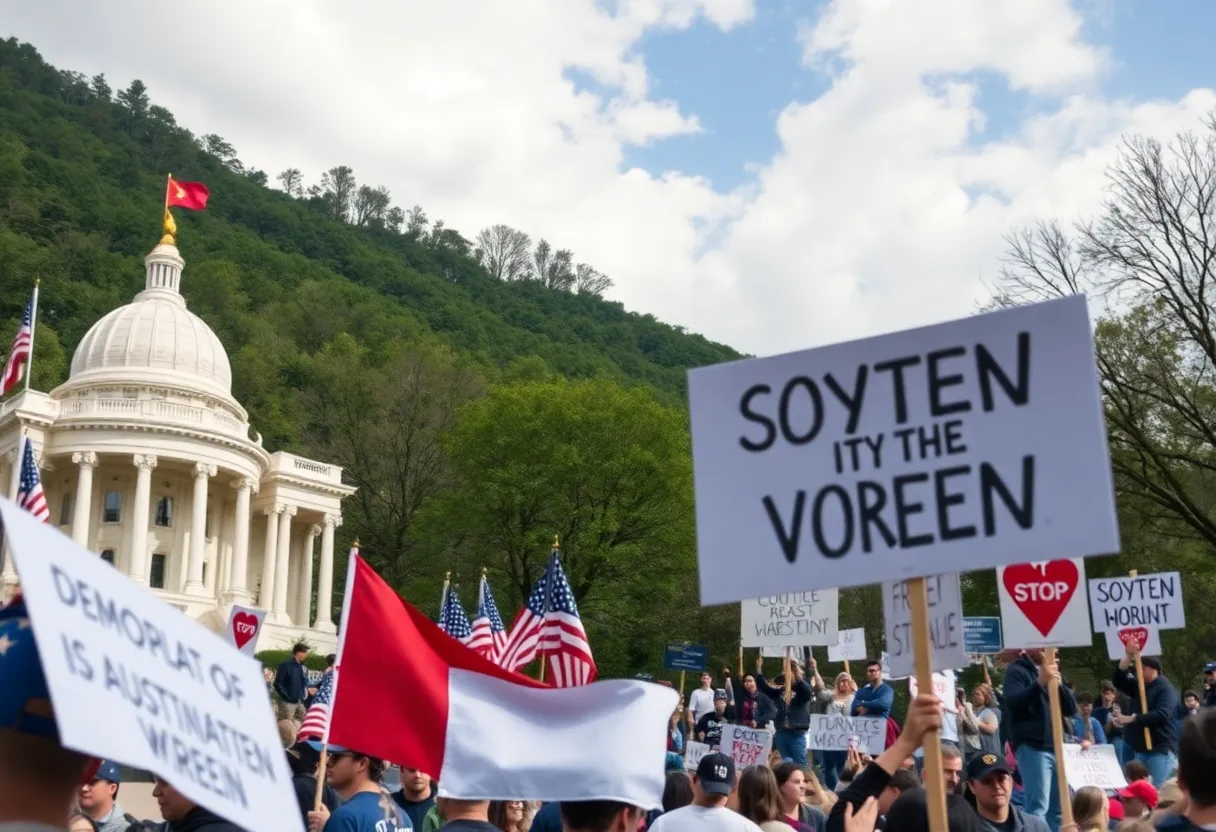Execution Halted for Texas Inmate Robert Roberson
Huntsville, Texas – The scheduled execution of Robert Roberson, a death row inmate convicted of killing his 2-year-old daughter, has been put on hold after the Texas Supreme Court intervened late Thursday night. This decision came just an hour before Roberson’s death warrant was set to expire, following a flurry of legal actions regarding his case.
The stay was issued shortly after a divided Texas Court of Criminal Appeals overturned a previous court order that had delayed the execution earlier that day. Despite the temporary relief, the path ahead for Roberson remains uncertain. While the court’s decision allows his execution warrant to lapse at midnight, ongoing legal disputes may result in a new execution date being established, especially after Roberson’s potential testimony before state lawmakers next week.
A Shift in Legal Focus
The delay was prompted when a group of Texas lawmakers from the Committee on Criminal Jurisprudence decided to subpoena Roberson. They are reexamining the validity of his conviction, believing that new insights into his case must be considered. Roberson’s attorney, Gretchen Sween, expressed optimism, stating, “Robert hopes that his experience can help improve the integrity of our criminal legal system.” She added that supporters across Texas and beyond are encouraged that lawmakers are looking into the details of his case that have not been reviewed by the courts.
Roberson was initially convicted based on allegations that his daughter, Nikki Curtis, died from shaken baby syndrome, a diagnosis his lawyers argue has since been discredited. In the days leading up to the execution, Roberson faced multiple rejections in state courts, including a denial of clemency from the Texas pardons board and a refusal of intervention by the U.S. Supreme Court.
Medical Controversies
The court challenges have highlighted the controversial nature of shaken baby syndrome itself. Advocates for Roberson assert that the evidence suggests Nikki may have suffered from various health issues, including double pneumonia and sepsis, rather than being a victim of abuse. They argue that her medical history has not been thoroughly examined and that her unhealthy condition may have contributed to her tragic death.
The night before her medical crisis, Nikki had reportedly fallen from a bed and exhibited a weak state due to her severe illness. Roberson’s attorneys argue these factors were overlooked by medical professionals who hastily ruled out non-abuse related causes of death.
The Weight of Public Opinion
Roberson’s case has garnered significant attention and support from a variety of individuals and groups, including over 30 experts in the medical field, a bipartisan group of more than 80 Texas legislators, and even well-known author John Grisham, who have all campaigned for mercy in his case. This past week, the Texas Committee on Criminal Jurisprudence held a hearing to discuss Roberson’s situation, during which the focus was placed on re-evaluating the laws applicable to cases like his.
During this hearing, former detective Brian Wharton, who previously led the investigation into Nikki’s death, shared his regrets and beliefs about Roberson’s innocence. Wharton expressed, “I told my wife last week that I’m ashamed… He’s an innocent man, and we are very close to killing him for something he did not do.”
A Continuing Legal Battle
The committee’s efforts resulted in the issuance of a subpoena, which requires Roberson to provide evidence regarding the facts of his case. Although the committee does not guarantee that the execution will be postponed for good, they are hopeful.
With the legal proceedings still ongoing, Roberson’s advocates and supporters continue to seek justice and ensure that a thorough investigation is conducted into the validity of the medical diagnosis used to convict him.
As discussions around the reliability of shaken baby syndrome and potential wrongful convictions take center stage, Roberson’s situation raises critical questions about the fairness of the death penalty, especially in cases where new scientific evidence is available.
For now, the execution has been delayed, but as legal battles unfold, the future remains uncertain for Robert Roberson, a man now caught in the complexities of a deeply divided criminal justice system.








